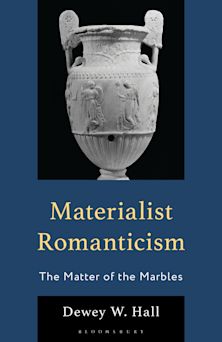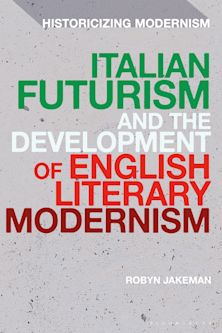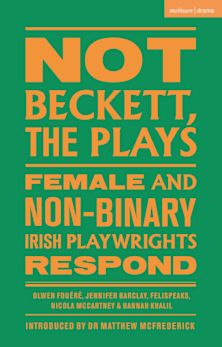- Home
- ACADEMIC
- Literary Studies
- British and Irish Literature
- Romanticism, Origins, and the History of Heredity
Romanticism, Origins, and the History of Heredity
You must sign in to add this item to your wishlist. Please sign in or create an account
Description
At the turn of the eighteenth century, selfhood was understood as a “tabularasa” to be imprinted in the course of an individual’s life. By the middle of the nineteenth-century, however, the individual had become defined as determined by heredity already from birth. Examining novels by Goethe, Jean Paul, and E.T.A. Hoffmann, studies on plant hybridization, treatises on animal breeding, and anatomical collections, Romanticism, Origins, and the History of Heredity delineates how romantic authors imagined the ramifications of emerging notions of heredity for the conceptualization of selfhood. Focusing on three fields of inquiry—inbreeding and incest, cross-breeding and bastardization, evolution and autopoiesis—Christine Lehleiter proposes that the notion of selfhood for which Romanticism has become known was not threatened by considerations of determinism and evolution, but was in fact already a result of these very considerations. Romanticism, Origins and the History of Heredity will be of interest for literary scholars, historians of science, and all readers fascinated by the long durée of subjectivity and evolutionary thought.
Table of Contents
Notes on Translations
Acknowledgments
Introduction: Between Freedom and Determination
One: The Discovery of Heredity
Two: Incest and Inbreeding
Three: Cross-breeding and Hybridization
Four: From Blood to Trauma
Bibliography
About the Author
Index
Product details
| Published | Oct 30 2014 |
|---|---|
| Format | Ebook (Epub & Mobi) |
| Edition | 1st |
| Extent | 338 |
| ISBN | 9781611485660 |
| Imprint | Bucknell University Press |
| Illustrations | 19 b/w photos |
| Series | New Studies in the Age of Goethe |
| Publisher | Bloomsbury Publishing |
About the contributors
Reviews
-
This important and original work of literary history and criticism tackles a question that still concerns us today: to what extent does our genetic inheritance determine who we are?. . . .Combining modern history of science, literary criticism, and meticulous research, this study offers numerous new insights into how Romanticism approached the issue of mind and body.
Seminar: A Journal of Germanic Studies
-
This work has the potential to change the landscape of Romantic literary studies, and its careful attention to scientific accuracy will let it serve as a model for those scholars who wish to make a serious contribution to the broad field defined by intersections of literature and science.
Monatshefte
-
Lehleiter’s highly original monograph is the first to examine the German novel of the turn of the nineteenth century in the context of the debates on biological heredity (ranging from plant and animal breeding to early theories of evolution) taking place in the latereighteenth century in England, France, and Germany.
Jane K. Brown, University of Washington



































